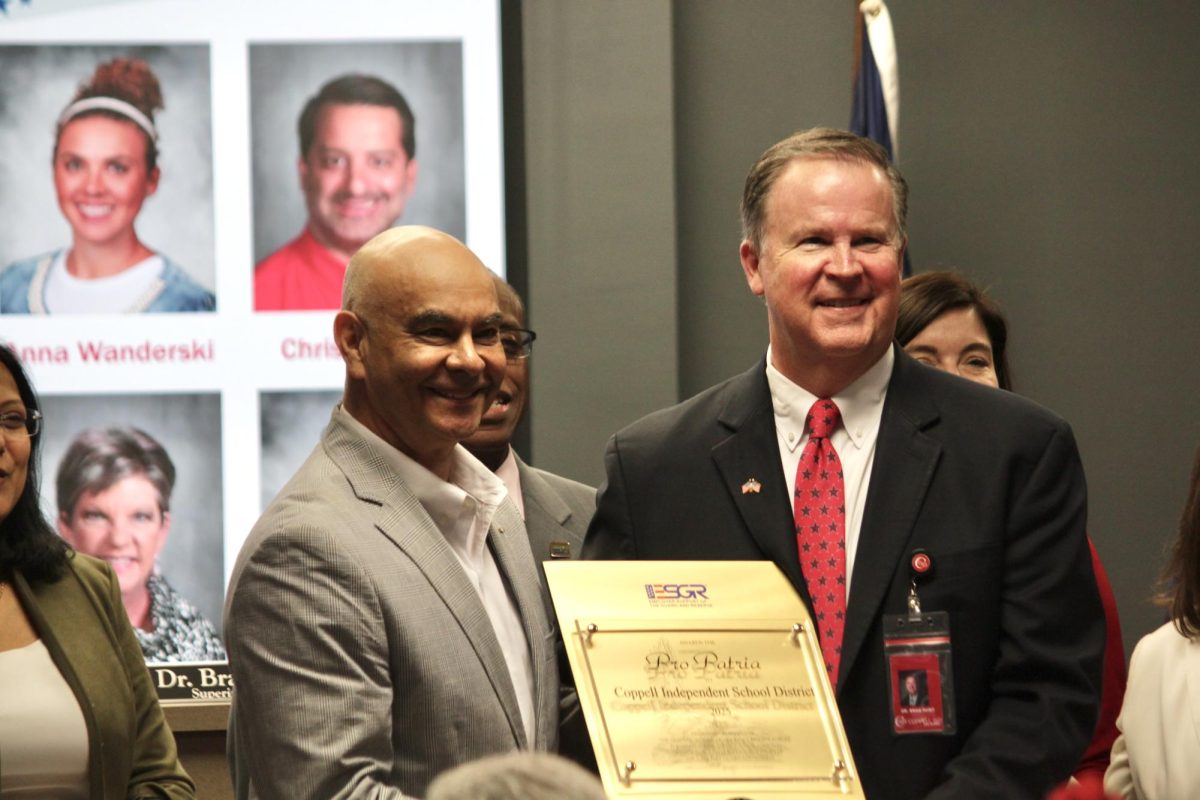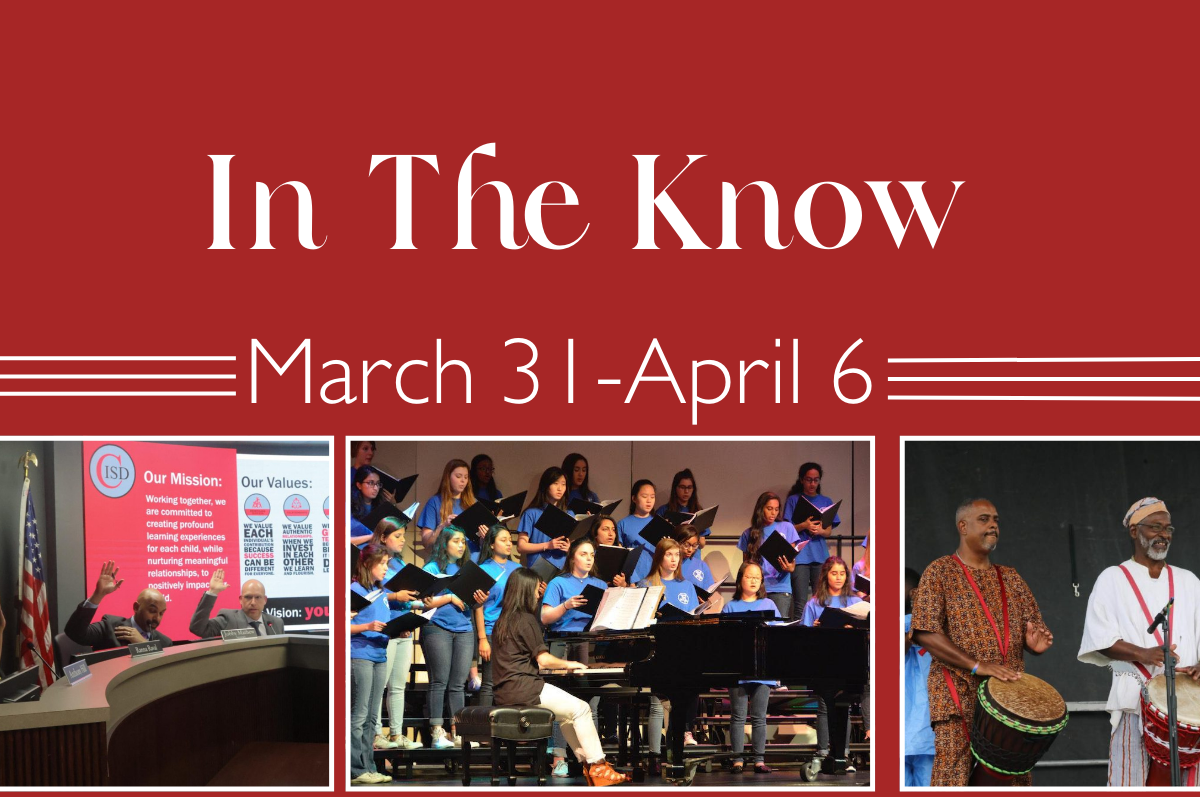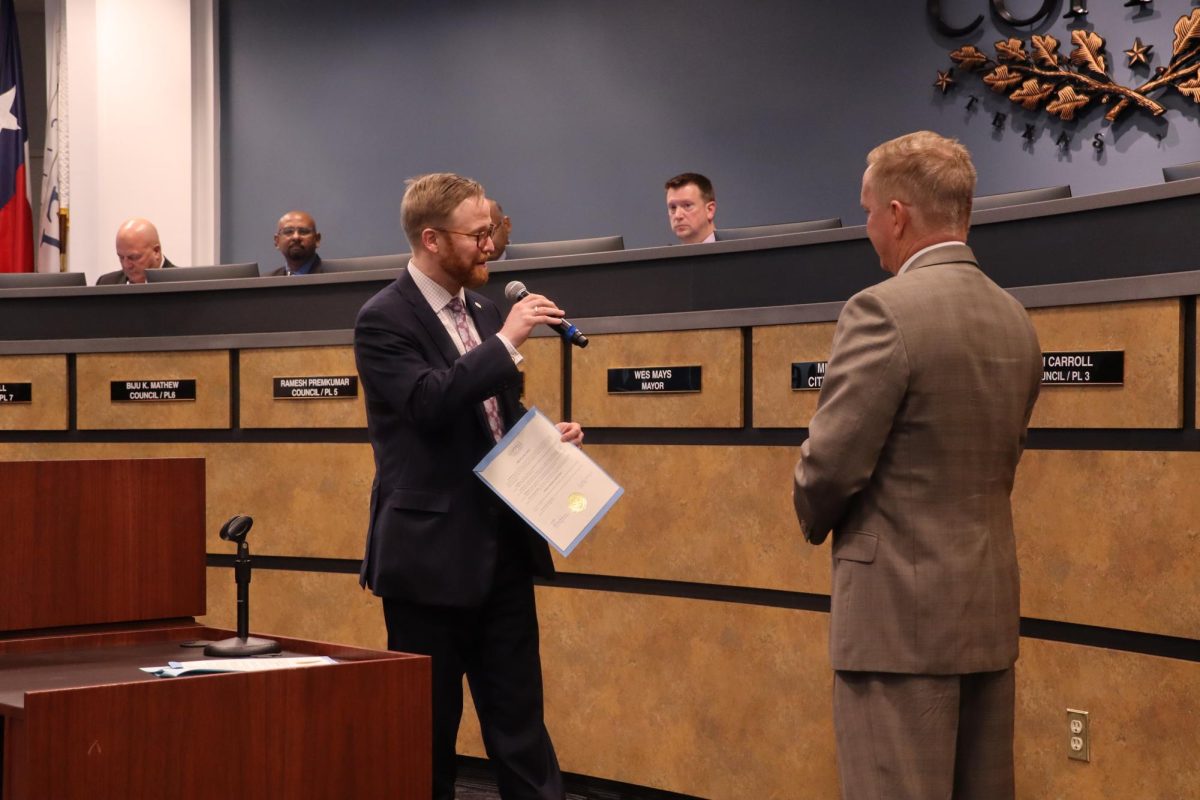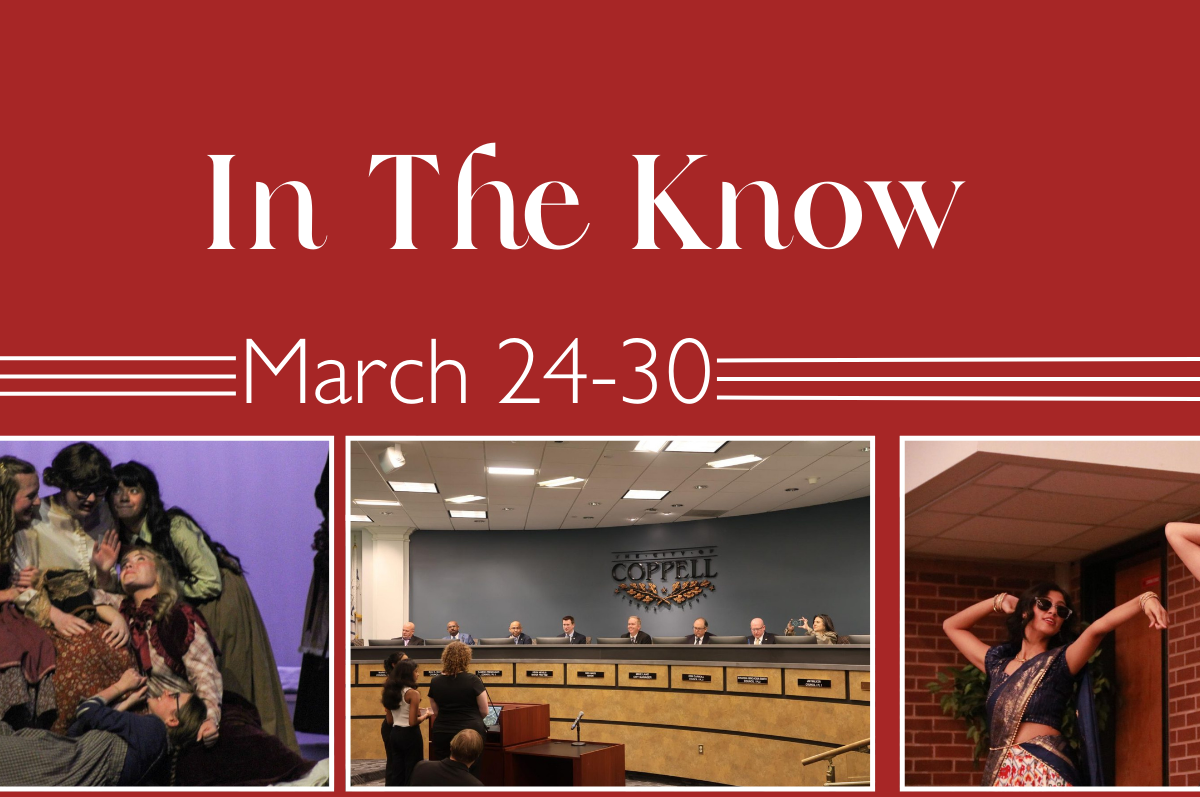by Melissa Brisco
staff writer
For years, juniors have filled their schedule with as many AP classes in a quest for a spot in the top 25 percent, top 10 percent or even top 10 students. This year, with the introduction of the International Baccalaureate (IB) program, the GPA race has become is becoming even more intense.
Some students which decided not to join the IB program, and opted for AP classes instead think their class ranks are being negatively affected as a direct result of the IB program. Therefore, CHS administration decided to hold a GPA council to address the complaints.
“Anytime students feel something is not fair, especially an issue as important as GPA, we [the administration] need to investigate and see exactly what is going on,” Dean of Instruction Gina Peddy said. “There is always a part truth and part rumor, and somewhere hidden in there is the truth.”
The AP council deliberated April 14 and the IB council deliberated on April 15.
“We just discussed the arguments being presented by the AP students and parents and how we felt about each one individually,” junior IB council member Audrey Eichenberger said. “We shared our opinions on each topic, how we like IB, and how a lot of it is just perception issues and we discussed ways in which one might go about solving the issues, or at least ‘calming the waters’ so to speak.”
There will be another committee made up of teachers and parents. Director of Advanced Academics Todd Kettler will present the ideas and problems discussed in a future meeting.
Students not in IB have the option of taking regular (5.0) classes, pre-AP (5.5) or AP (6.0) classes.
Students in the IB program are obligated to take exactly six IB classes. All IB classes are weighted as a 6.0.
Students who chose not to join the IB program argue students in the IB program have an unfair advantage. Students in the IB program argue students not in the IB program do not understand the rigor of the classes. As a result, the school board is looking into the grade weight of the classes and held an AP/IB council where students were given a forum to discuss their problems with the programs and potential solutions.
“I think that it makes sense for there to be an investigation,” junior IB student Sarah Hillier said. “Anything with this much controversy has some seed of real problem hidden deep within it. My issue with all of it is that the ‘facts’ and ‘statistics’ that AP kids bring out to stir up controversy are not only largely unfounded, but many blatantly untrue. Most of us [IB students] only moved up a couple spots, some even moved down.”
For some students not in IB, their biggest problem with the IB program is that every IB class is weighted at a 6.0.
“I feel that due to the newness of the IB program, AP kids are being hindered by their choice not to take IB in the area of class rank and GPA,” junior AP student Violet Coker said. “While the IB program is certainly commendable and highly respected, they are receiving an unfair advantage in GPA. For instance, an IB kid will receive AP credit for every course, standard level and higher level.”
Another issue students have is some prerequisite classes, classes that are required to graduate or elective classes do not offer a higher level class in that subject. Therefore, students have no choice but to take a regular or pre-AP class.
“Some IB students and teachers may argue that every AP kid had the option to take IB, but decided not to take on the challenge, this is untrue,” Coker said. “I would have loved to take IB, the program seems great, but as a drum major of the band, I was required to take two classes of band, which would not satisfy an IB schedule.”
Any possible changes in GPA weight will not take place until at the very earliest the following school year.








